PROTECT YOUR DNA WITH QUANTUM TECHNOLOGY
Orgo-Life the new way to the future Advertising by Adpathway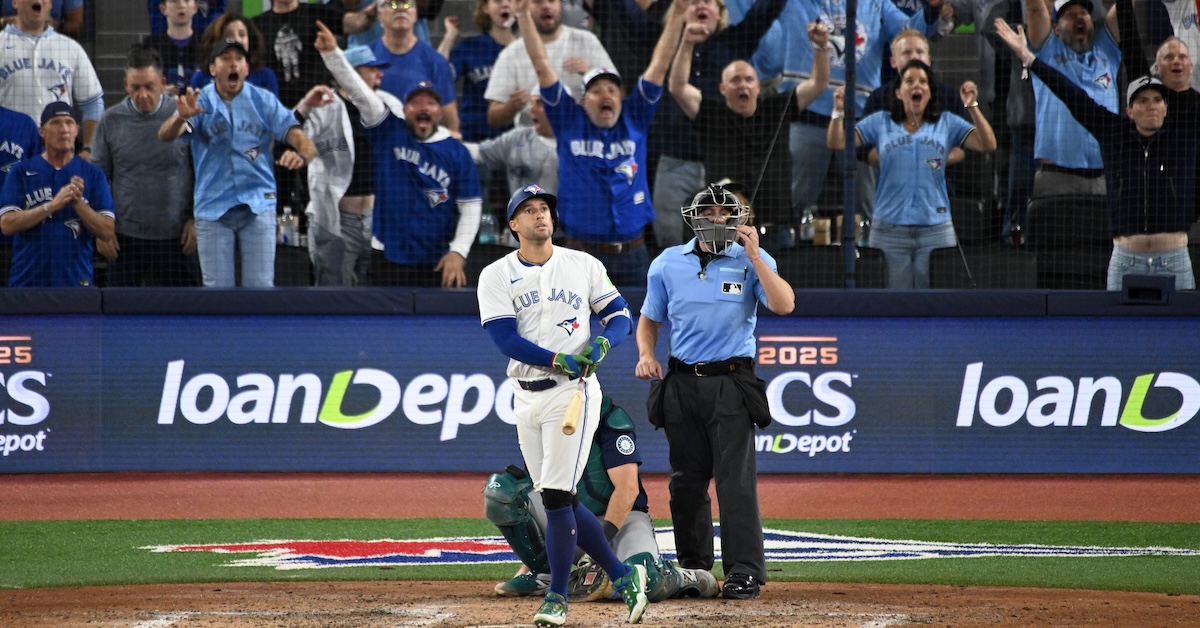 Dan Hamilton-Imagn Images
Dan Hamilton-Imagn ImagesThe Toronto Blue Jays are headed to their first World Series since 1993 after defeating the Seattle Mariners 4-3 in a tense seventh game, thanks largely to yet another seismic postseason moment forged by the bat of George Springer. Three nights after he was laying in a heap at home plate, having been kneecapped by an errant mid-90s fastball, Springer added to his already legendary postseason résumé with a three-run home run against, ironically, another fastball tailing in the direction of his knees. The blast was a microcosm not only of Springer’s season (by wRC+ he posted the lone below-average offensive season of his career in 2024, and then set a career-best in 2025) but also of Toronto’s as a group, as the Jays led the majors in comeback wins during the year.
Julio Rodríguez cut the ribbon on Game 7 with a leadoff double, and came around to score a few batters later when Josh Naylor ripped a single just beyond the outstretched glove of a diving Vladimir Guerrero Jr. Thereafter, Seattle’s first-inning rally was stemmed by one of the weirder double plays you’ll ever see, as Naylor did a 180 leap into Ernie Clement’s throw to first base and, after discussion, the umpires decided to rule both runners out, Naylor on the force and batter Jorge Polanco via Naylor’s interference.
Toronto responded with a run of its own in the bottom of the first. A Springer leadoff walk and a Guerrero single (it was fortunate for the Mariners that Guerrero’s 110-mph hit was only a base hit) set the table for an eventual Daulton Varsho RBI knock, but after that, Seattle controlled most of the game.
The Mariners threatened again in the second inning. Back-to-back singles by Randy Arozarena and Eugenio Suárez (another fat one down the middle that only yielded a base hit) and a well-placed sac bunt by J.P. Crawford set up Seattle for more, but its eight- and nine-hole hitters (Leo Rivas and Victor Robles) couldn’t complete their part of the manufacturing process.
The gap between the quality of each team’s bottom three hitters was meaningfully evident throughout this series. Crawford had his best individual performance of the postseason in this decisive game, with a well-executed bunt, an oppo double, a 109-mph groundout in the sixth, and an acrobatic play to turn a double play on his own.
But in seven games, Crawford, Rivas, Robles and Dominic Canzone (who essentially platooned with Robles) combined for just seven hits, while the bottom third of Toronto’s order (in Game 7, that was Addison Barger, Andrés Giménez, and Isiah Kiner-Falefa) managed 17, including seven for extra bases.
Rodríguez and AL MVP candidate Cal Raleigh launched leadoff homers in the third and fifth innings, respectively, which gave Seattle a two-run lead that felt fairly comfortable as starter George Kirby (who pitched four one-run innings) gave way to Bryan Woo in the fifth. After initially struggling to find the zone, Woo looked healthy and effective working against the top of the Toronto lineup across the fifth and sixth innings, including an epic nine-pitch, fastball-heavy battle with Guerrero, which Woo punctuated with a strikeout on a sweeper well off the plate away.
Then came the seventh inning. Woo had thrown 28 pitches when the inning began. A leadoff walk to Barger and a Kiner-Falefa single put two runners on to start the frame, and Giménez bunted them over for the top of the order. Mariners manager Dan Wilson then decided to replace Woo with middle reliever Eduard Bazardo, rather than one of Seattle’s more seasoned high-leverage arms. Springer tore the roof off the place:
The Blue Jays didn’t have all that many juicy opportunities to score for most of the game. They had taken just three combined plate appearances with runners in scoring position when Springer batted in the seventh. Two of those were way back in the first inning, and one was the Giménez sac bunt preceding Springer’s bomb. Moments of tension before Springer’s at-bat were fleeting, several Blue Jays torched balls in play throughout the game, but most of them were right at Mariners fielders. As soon as Toronto was able to sustain a real threat to Seattle’s two-run lead, Springer capitalized as he’s done time and time again throughout his career in the playoffs. He’s now tied with Kyle Schwarber for third all time with 23 postseason home runs, and he joins Joe Carter and José Bautista as an author of the most important single moments in the history of the Blue Jays franchise.
The aftershocks of Springer’s homer shook awake discontent with Wilson’s bullpen management. As the bottom third of the Toronto lineup teed things up for the team’s best hitters, it was only Bazardo warming in the Mariners bullpen and not their closer, Andrés Muñoz. Muñoz had been unhittable this postseason, quite literally; he entered Game 7 without having allowed a hit or run in 7 1/3 October innings. Unlike fellow late-inning arm, Matt Brash (who threw 21 pitches in Game 6), Muñoz was also fresh, having pitched just total two innings in the first six ALCS games. There was no guarantee that the top of the lineup would come up again in the eighth or ninth innings for Muñoz to face later. On the fringe of last year’s Mariners roster, Bazardo’s late-2025 performances clearly elevated him into a different, more important role within the Seattle bullpen, but he certainly isn’t Muñoz, who at his best looks like a force of nature.
After the game, Wilson told reporters he went with Bazardo in this spot because, “Bazardo has been handling those pivot-type moments all season.” To refer to this situation — the seventh inning of ALCS Game 7 with the tying run in scoring position and one of the most decorated postseason hitters, ever, at the plate — as a “pivot-type situation” is underselling its stakes. And that’s before considering the context of the team he was managing — the Mariners were just eight outs away from their first World Series appearance in the 49-year history of the franchise. It’s also not intellectually consistent to point to something like role familiarity as a means of justification when you had literally just taken the ball from your best regular-season starter, who had not pitched out of the bullpen since college but was suddenly asked to do so twice in this series.
While Wilson’s questionable decision creates a singular moment at which one might direct their ire, it’s hardly the sole reason the Mariners lost the series. For one, the Blue Jays are a worthy AL champion from a talent standpoint, and they played particularly well throughout the ALCS. They slashed a combined .271/.345/.475 and hit 11 home runs in seven games off a good Seattle pitching staff. Though several of the Mariners stars hit well throughout the series (namely Raleigh, Rodríguez, Suárez, and Naylor), the lineup squandered several key opportunities, including the three consecutive innings in Game 6 that ended in double plays.
Toronto reaches its first World Series since winning back-to-back titles in 1992-93 under Cito Gaston, the second of which concluded with Carter’s walk-off three-run homer. Thursday marks the 32nd anniversary of that iconic blast. The next night, against a Dodgers team that is seeking back-to-back titles of its own, the Blue Jays will host Game 1 of the World Series, having gotten there on a signature three-run shot for a new generation of Toronto fans.


 3 hours ago
5
3 hours ago
5











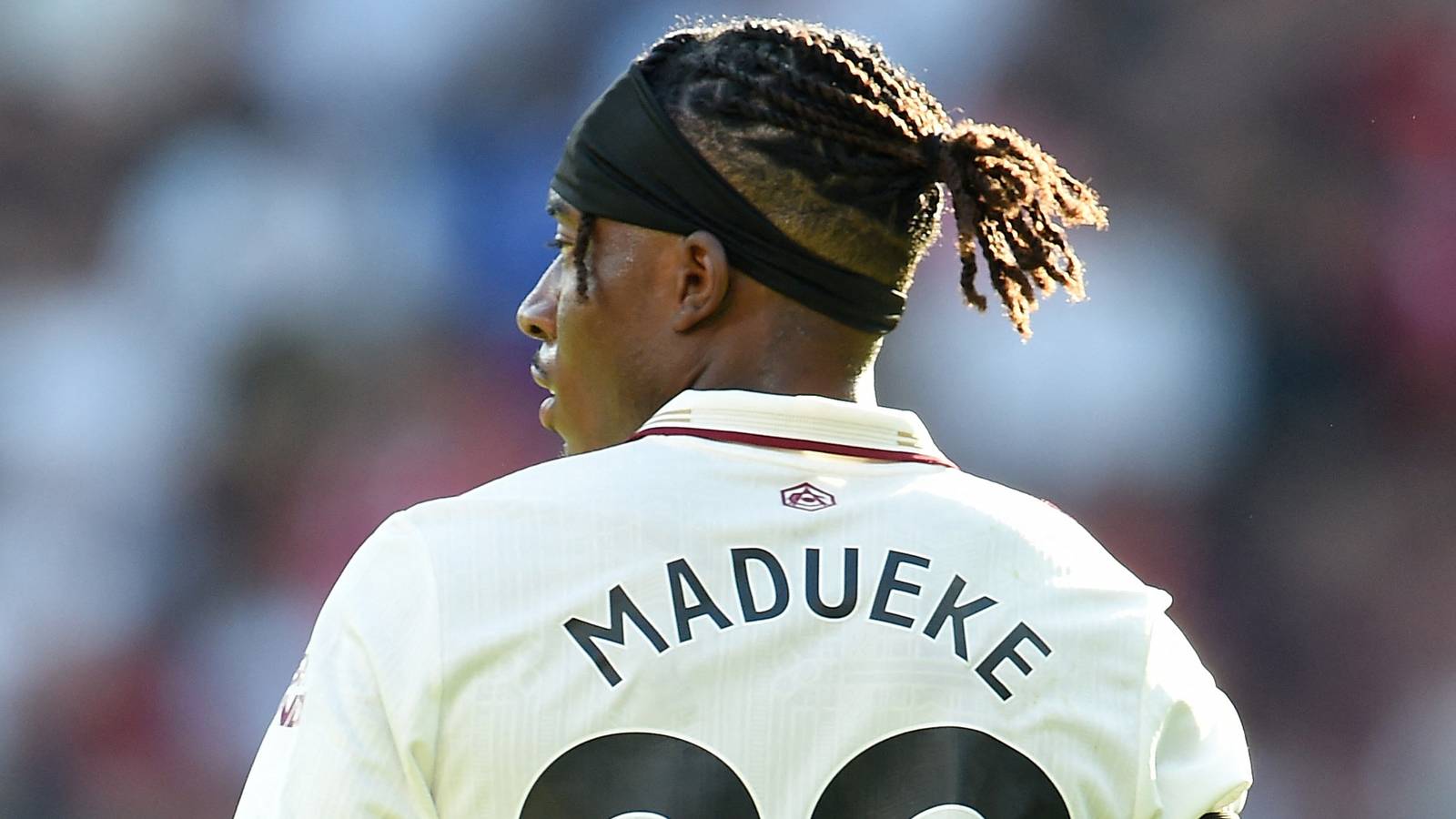
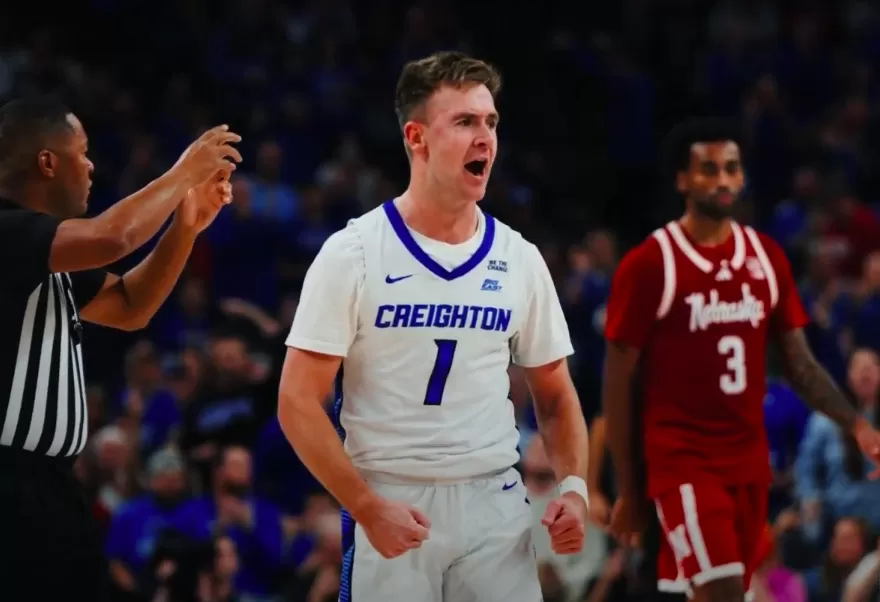
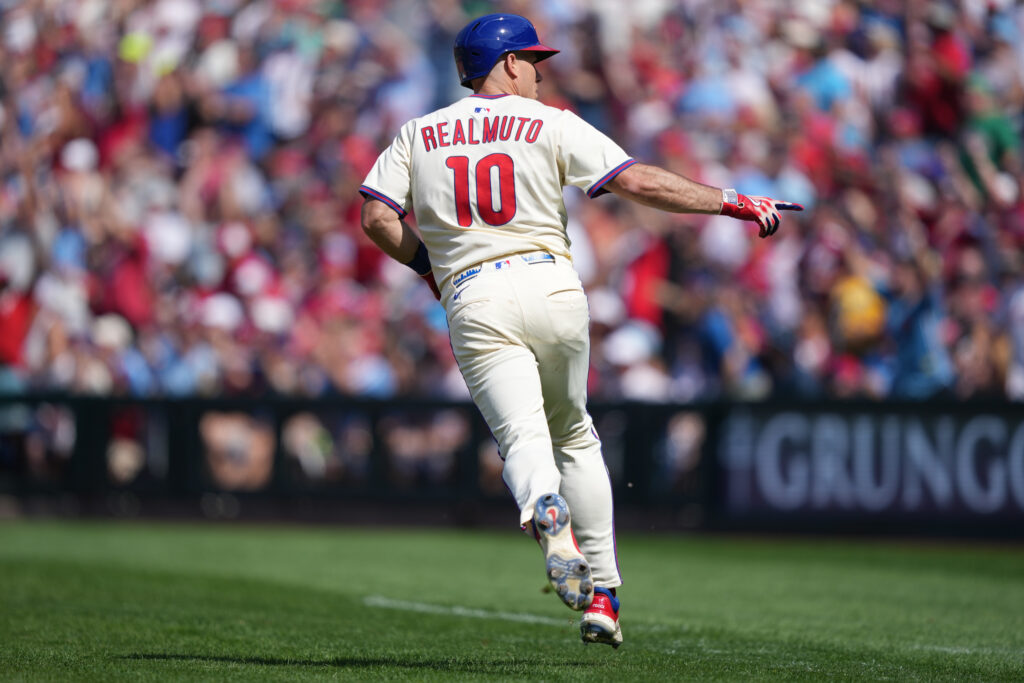
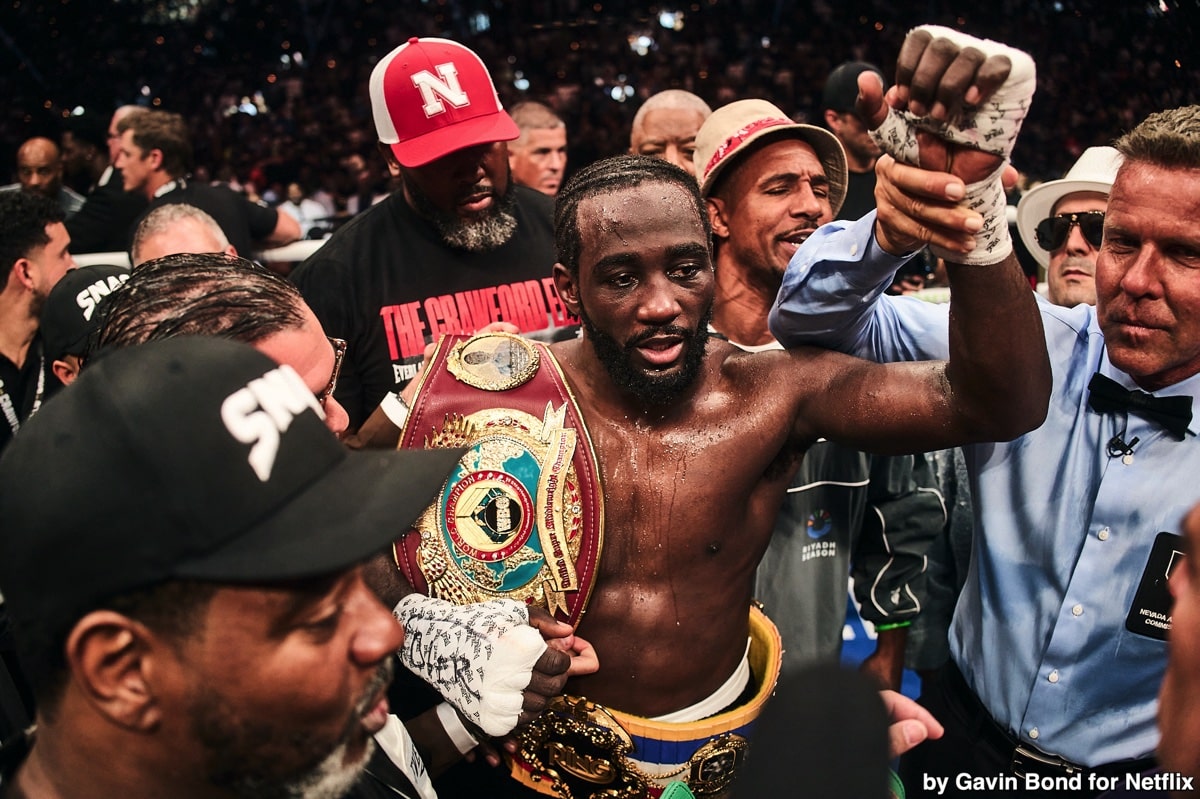


 English (US) ·
English (US) ·  French (CA) ·
French (CA) ·